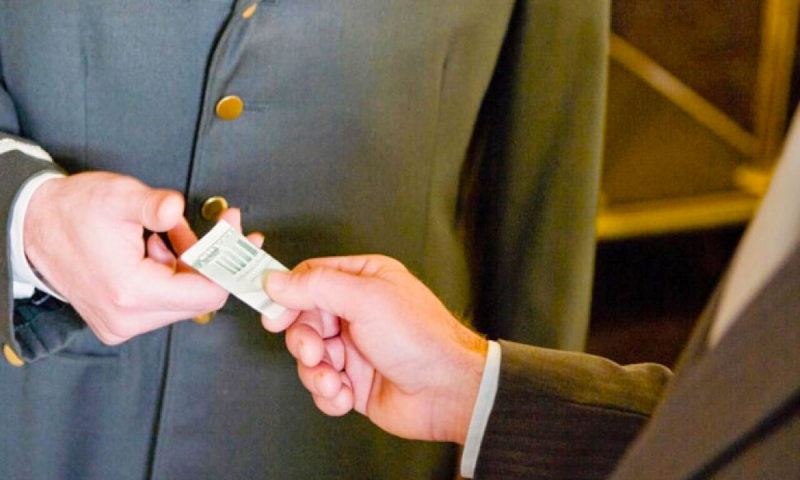Tipping and baksheesh
As a presumed-rich khawaga (foreigner), you are expected to be generous with baksheesh, which is classified into three types. The most common is tipping: a small reward for a small service – anything from waiter service to unlocking a tomb or museum room. Strike a balance between defending your own wallet and gracefully acquiescing when necessary. It's pointless to get upset or offended over sums that are insignificant to a Western tourist but are critical to people's livelihoods in a country where many people live on less than £50/$75 per month.
Typical tips include £E1-2 for looking after your shoes while visiting a mosque (though congregants rarely tip for this), or £E5-10 for opening a door to allow you to enter a building or climb a minaret. In restaurants, you do not usually leave a percentage of the bill: typical tips (regardless of whether the bill claims to include "service") are as little as £E3 in an ultra-low-cost establishment such as a kushari joint, £E3-5 in a typical low-cost restaurant, or £E10-25 in a more upscale establishment. Customers typically leave tips of £E1-2 in a café and 50pt-£E1 in a juice bar.
A more expensive and common type of baksheesh is for rewarding rule breaking - many of which appear to have been designed specifically for that purpose. Allowing you to enter an archeological site after hours (or into a vaguely restricted area), finding you a sleeper on a train when the carriages are "full," and so on are examples. This is not to be confused with bribery, which is a more serious business with its own etiquette and risks that should be avoided.
The final type of baksheesh is simply almsgiving. Giving money and goods to the poor is a natural act for Egyptians, as well as a requirement of Islam. The disabled are traditional recipients of such gifts, and it seems appropriate to join the locals in dispensing loose change. Children, on the other hand, are a different story, making demands only on tourists. If someone offers genuine assistance and requests an alum (pen), it seems reasonable, but giving in to every request encourages a cycle of dependency that Egypt could do without.








